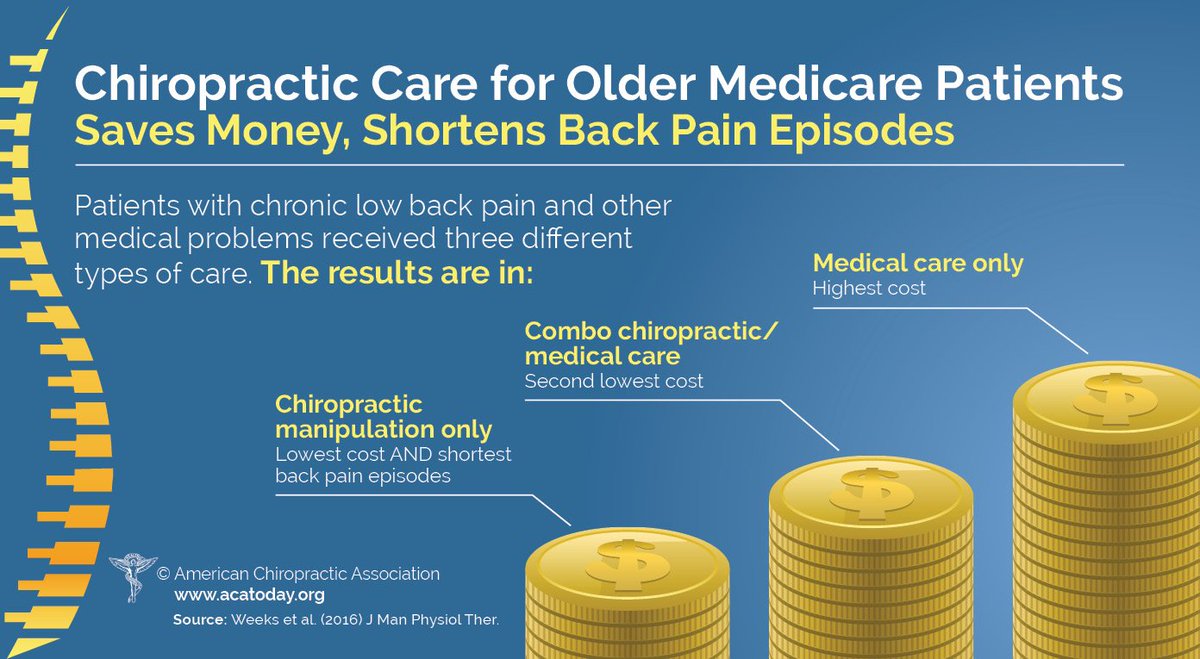Can Chiropractic Care Adjustments Cause Addiction? Separating Reality From Report
Can Chiropractic Care Adjustments Cause Addiction? Separating Reality From Report
Blog Article
Writer-Lindgren Gormsen
You might have heard that chiropractic care adjustments can cause a habit forming dependency, yet that's an usual misconception. Lots of people find alleviation without creating any form of addiction. It is very important to understand the true objective of these adjustments and exactly how they match your general wellness strategy. So, exactly what does pop over to this website concerning chiropractic care and your health? Allow's discover the truths.
Recognizing Chiropractic Adjustments and Their Objective
When you consider chiropractic adjustments, it's important to comprehend their function and how they function. These changes aim to fix imbalances in your back and joints, promoting better alignment and movement. By applying controlled pressure to specific areas, chiropractic practitioners help relieve discomfort, enhance function, and enhance your total health.
Chiropractic care focuses on your body's ability to recover itself, highlighting the connection between the spinal column and the nerves. When your spine is lined up, it can lower nerve interference, enabling your body to operate optimally.
Routine changes might likewise aid stop future issues, keeping you active and pain-free. Eventually, chiropractic changes serve to support your wellness, boost flexibility, and improve your lifestyle.
Common Myths Regarding Dependency and Chiropractic Treatment
Many individuals hold false impressions concerning the connection between chiropractic care and addiction therapy. One usual myth is that chiropractic modifications create an addiction-like dependence. In reality, numerous people find relief from discomfort and discomfort, but this doesn't mean they develop a psychological or physical dependency.
An additional myth is that chiropractic practitioners are just attempting to maintain you returning for more modifications. Many chiropractors prioritize your health and aim for long-term health and wellness instead of regular brows through.
Additionally, some believe chiropractic care can replace standard dependency therapies, yet it needs to match, not substitute, evidence-based treatments. Understanding these misconceptions can aid you make notified choices concerning your health and wellness and health without dropping prey to false information.
The Science Behind Chiropractic Care Adjustments and Client Experience
While some might question the effectiveness of chiropractic care adjustments, an expanding body of study supports their duty in easing discomfort and boosting overall function.
Researches suggest that back control can reduce discomfort from problems like lower back pain, tension headaches, and neck pain. When you undergo chiropractic care, the changes aim to bring back proper placement, improving your body's natural recovery capacities.
over at this website of patients report increased movement and a greater sense of health after therapy. Furthermore, the therapeutic partnership you construct with your chiropractic physician can enhance your experience, as they provide customized care customized to your demands.
This mix of clinical support and favorable client experiences helps clarify why chiropractic modifications work for many people seeking relief.
Verdict
To conclude, chiropractic care changes aren't addictive; they're developed to enhance your well-being and promote proactive health maintenance. By exposing the misconceptions bordering reliance, it's clear that these treatments can supply considerable relief without developing a cycle of dependency. Accepting chiropractic care as a corresponding method to traditional treatments can cause better health and wellness outcomes. So, if you're thinking about adjustments, rest assured that they have to do with boosting your lifestyle, not producing a dependence.
